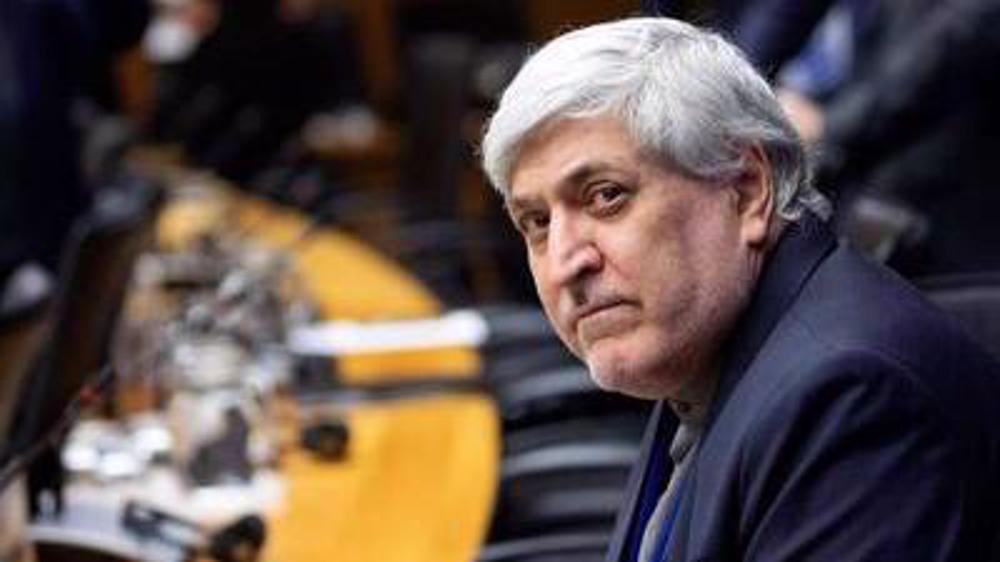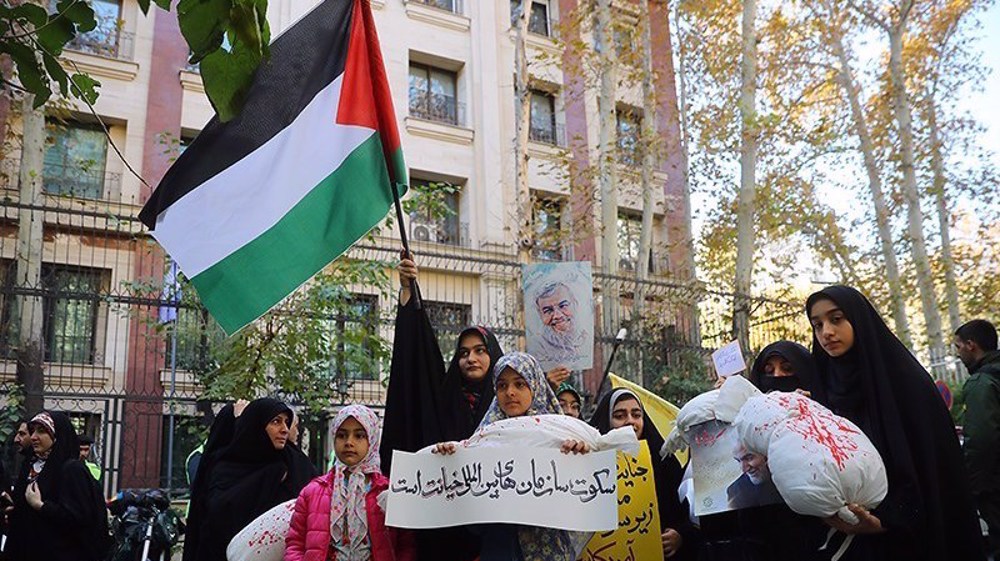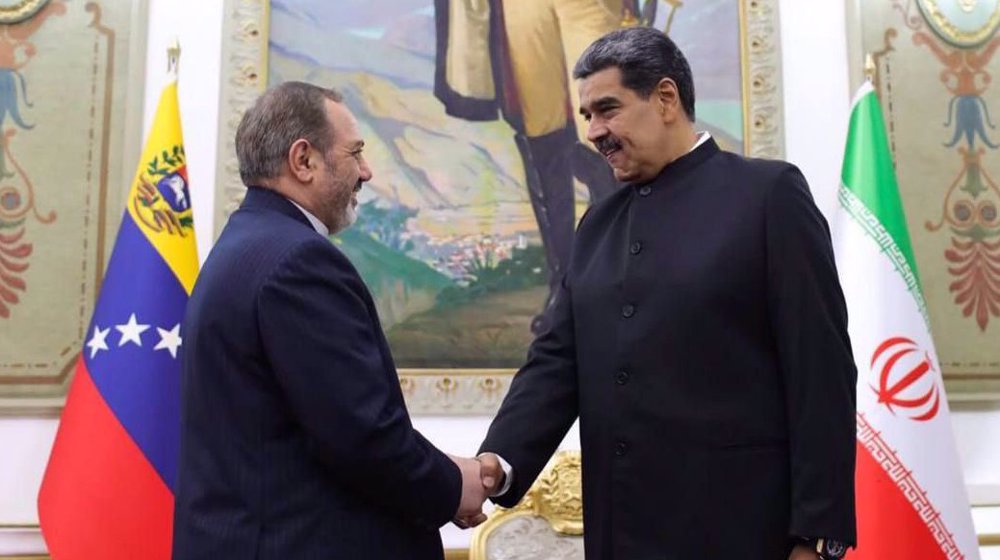Iran raps sanctions on information minister, says US does not honor democratic values
The spokesman of Iran’s Foreign Ministry has condemned the latest US move to impose sanctions on Iranian Minister of Communication and Information Technology Mohammad Javad Azari Jahromi.
"It is clear to everyone that the current US administration does not cherish democratic values and principles, transparency and human rights, including free [access to the] internet for others," Abbas Mousavi said on Saturday.
He added that a review of the US administration’s record shows that it has been exerting pressure on managers of major social networks and communication companies, such as Twitter, in order to silence the critics.
Such a policy reveals the White House's "political and instrumental" approach to free internet access.
The United States on Friday imposed sanctions on the Iranian minister of information and communications technology over the nationwide shutting down of the internet during the recent protests against fuel price hikes in the country.
In a press release, the US Department of the Treasury’s Office of Foreign Assets Control (OFAC) said it took action against Azari Jahromi for his role in the "widescale internet censorship" in Iran.
It added that all property and interests in property of the Iranian minister that are in the United States or in the possession or control of US persons must be blocked and reported to OFAC.
After announcing the US sanctions, Azari Jahromi took to Twitter to dismiss the bans on him, saying he will not let Washington prohibit Tehran's development.
I'm not the only member of club of sanctioned persons (Based on Trump's fairytales). Before me, Iran ICT startups, Developers, Cancer patients and EB children were there.
— MJ Azari Jahromi (@azarijahromi) November 22, 2019
I'll continue advocating access to Internet & I won't let US to prohibit Iran development.#EconomicTerrorism
He said the US had already targeted "ICT startups, Developers, Cancer patients and EB children" and pledged to keep advocating access to the internet and not let the US prohibit Iran's development.
A member of Iran’s Supreme National Security Council, the body that ordered the internet blackout on November 16, said that restoration of services would need a “collective decision” at the highest levels of the Iranian government.
The Iranian government raised gasoline prices on November 15 in order to moderate the national consumption rate, which stands at 110 million liters per day, 40 million liters per day above the maximum domestic requirement.
The move prompted some peaceful protests, but riotous elements, abusing the situation, quickly entered the scene, destroying public property, setting ablaze banks and gas stations among other facilities, and opening fire on people and security forces.
There have been reports of fatalities among both security forces and civilians in different locations, with an official tally not available yet.
Read more:
Diplomat discourages recourse to pressure, intimidation, confrontation against Iran
UN: 2024 deadliest year for aid workers amid genocide in Gaza
Gaza health official warns of hospital shutdowns within 48 hours
Israel kills 5 more paramedics in southern Lebanon: Health ministry
Iran to launch ‘new, advanced’ centrifuges in response to IAEA resolution: AEOI
Yemen fires hypersonic missile at Israeli airbase
VIDEO | New Delhi chokes under toxic smog as air quality remains at hazardous levels
VIDEO | Press TV's news headlines











 This makes it easy to access the Press TV website
This makes it easy to access the Press TV website